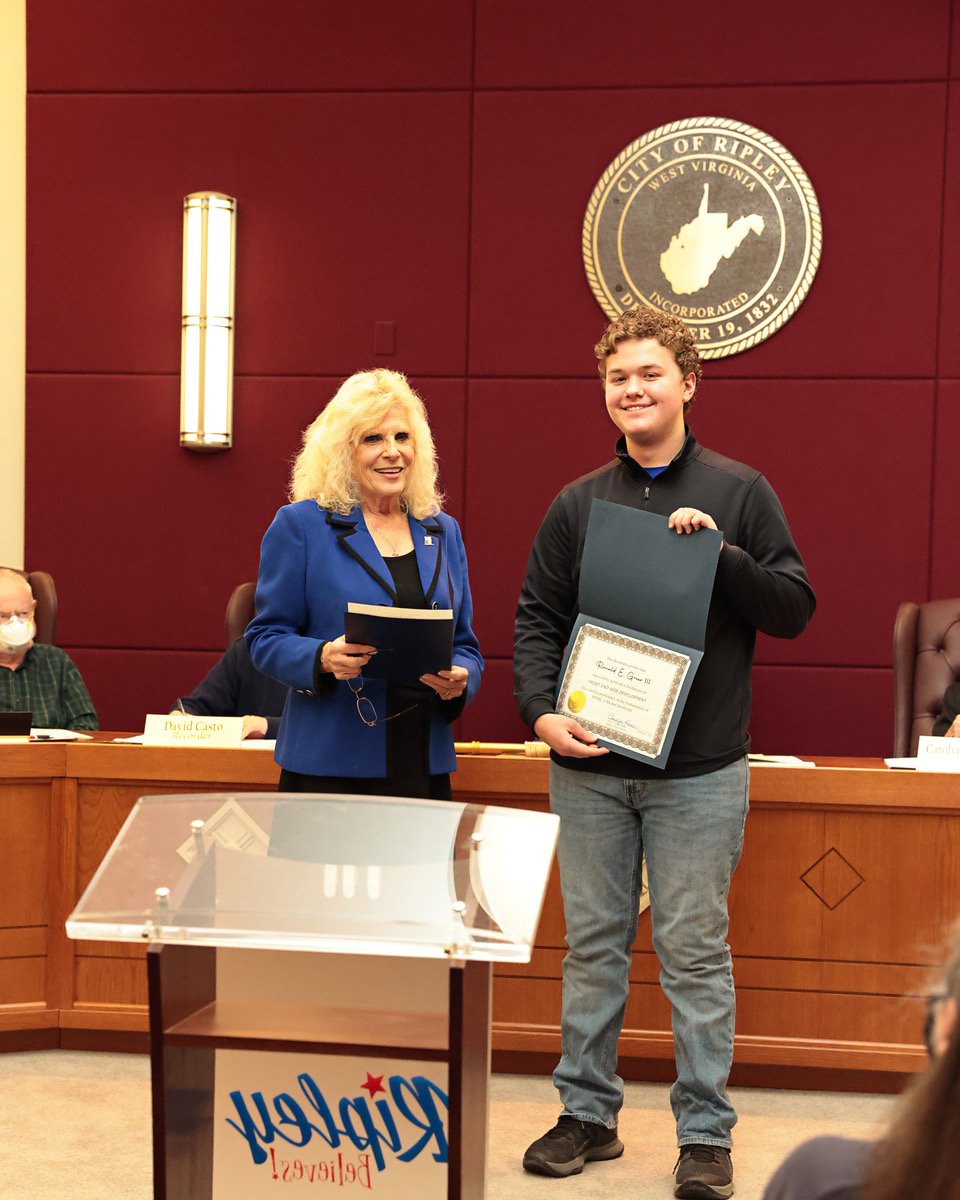Guest Speaker - Bob Taft, Lead Scientist, Naval Surface Warfare Center
(Caveat, this talk is in no way an official statement from Mr. Taft’s workplace or his employer.)
Olivetti-Underwood Programma 101
Bob Taft, Lead Scientist, at the Naval Surface Warfare Center Dahlgren Divison (NSWCDD), was the Guest Speaker for the West Virginia Coding Club April 9th, 2022. Bob was born and raised in Morgantown, WV. He attended Morgantown High School (MHS) and was into math, scouting, intramural sports, and theater. Bob earned Bachelor of Arts and Master of Science degrees from West Virginia University (WVU) there in his home town. Bob said he was so old that there were no coding classes at Morgantown High School (MHS) and no Computer Science degree at WVU.
However, Bob was fortunate to love math and said he was going to be a nuisance in his senior high school pre-calculus class due to the knowledge and skills he had already acquired. That pre-calc was the highest math offered at MHS in 1972. It was a review of algebra and trig which Bob had already clepped out of. His wise teacher, Mrs. Butcher, said “instead of disrupting my class, you and Tom just go down the hall to that semi-circular room. You’ll find some kind of programmable calculator in there. Play with that.” So Tom Koch and Bob spent a semester teaching themselves to program the Olivetti-Underwood Programma 101. This programmable calculator was one of the first “personal computers”. It predates the Apple 1 by four years and even the Altair 8800 by three years.
Bob’s mother encouraged him to include computers in his interests. Mrs. Taft worked in a local bank and saw the transition from paper accounting to computer records (shipped to a mainframe in Pittsburgh overnight). While studying math at West Virginia University Bob listened (sometimes) to his mother and took several computer classes covering FORTRAN, PLI, APL, and, IBM 360/370 Assembler.
His first professional jobs were teaching Mathematics as an instructor at WVU and eventually as an Associate Professor at West Virginia Institute of Technology (WVIT), then located in Montgomery, WV. While at WVIT Bob continued to study computing at WVIT and at the West Virginia College of Graduate Studies (WVCOGS) in Institute, WV. He eventually helped design and teach classes in Computer Science at WVIT. He also was blessed to work on the “staph” (an infectious lot) of the West Virginia National Youth Science Camp during the summers.
When WVIT planned to tear down his campus housing and send Bob looking for a new place, he looked farther afield, seeking a place to apply the book knowledge he held in math and computer science. Specifically looking for a place like NASA where engineers, scientists, mathematicians and computer scientists would work in teams to solve exciting problems. Bob found the US Navy Research and Development laboratory, NSWCDD, in Dahlgren, Virginia and has worked there ever since. NSWCDD has been that place with collaborative work, blending math and computer science along with writing and presentation skills to analyze, specify, design, implement, test, and maintain complex systems in support of US Navy needs. He also has been able to continue his involvement in STEM outreach, in teaching, and in lifelong learning.
The Navy has a deep interest in the continuing education of its workforce. Bob has taken full advantage of that support. He has taken multiple short courses or college courses in “C”, C++, Ada, Matlab, LISP, Java, Artificial Intelligence, OPS5, Python and other computing skills. He has completed more than 50 hours of graduate work beyond his master’s degree. He has also taught courses for VPI, George Mason, and the University of Mary Washington. And like this day, Bob has given volunteer hours to STEM fun events, many using the Lego EV3 robots. Bob also works with the Fredericksburg Maker Space. In addition to volunteering, NSWCDD has funded Bob for several STEM outreach events. The Navy has sent Bob for standard work to more than a dozen states, plus Puerto Rico, St. Thomas, and shipboard. Mr. Taft is an inventor on ten US Navy Patents. Bob is currently working, strangely enough, with old FORTRAN code, old 8086 Assembler code, and with the latest Python, SciPy, NumPy code on the same effort.
Bob’s advice: Find projects that excite and challenge you. Take the hard courses. Bob took as much honors math and the honors English as he could. Take on a senior project or an internship. Maybe jump onto GitHub and join an Open Software project. The most successful people Bob works with had a special opportunity (like the Olivetti-Underwood Programma 101) and built on that opportunity. Most of them did internships or joined special teams that we call SlyFox missions. Most of them pay back with STEM outreach or mentoring. Work on a team to build a solar car or an autonomous surface vehicle. Build relationships with your favorite teacher, your school counselor, and especially the department admin. Read and write code. Coding, like any skill, gets better as you practice it more. You will hit hard times. They don’t last. Let your friendships help you through those times. If it was easy, they wouldn’t pay you so much. Be kind.
"We are humbled and deeply appreciate having Bob Taft speak with our students and share his beginnings in West Virginia and journey in working to solve some of the most complex rocket science challenges on the planet. Here is another West Virginian who has used coding as a vehicle to do great things.", said Dan McElroy, President of the West Virginia Coding Club.
Thank you Bob!!!
Keep Coding!







